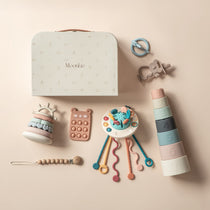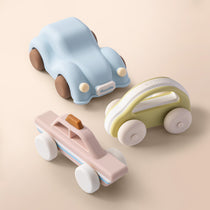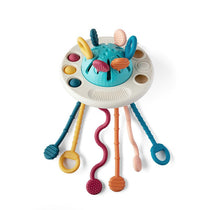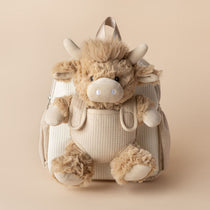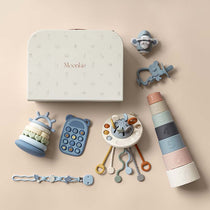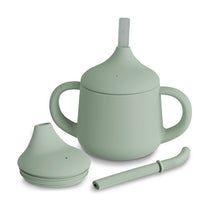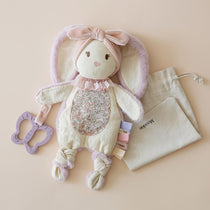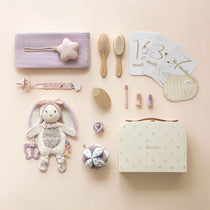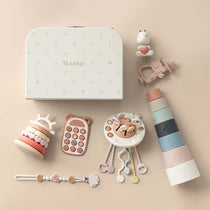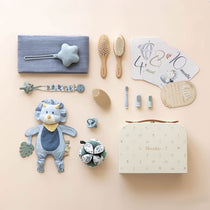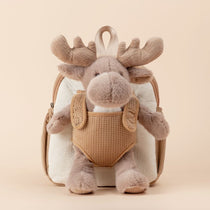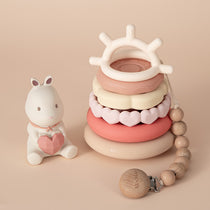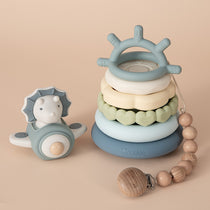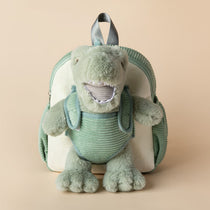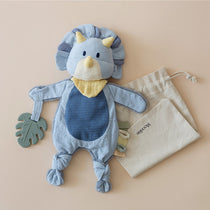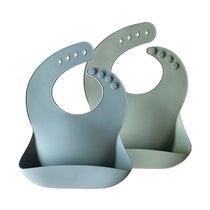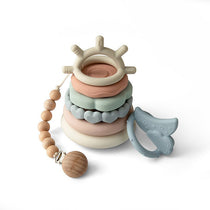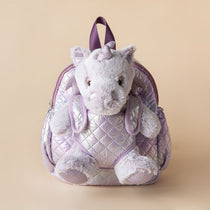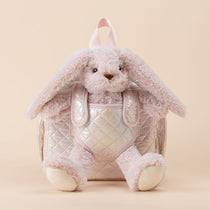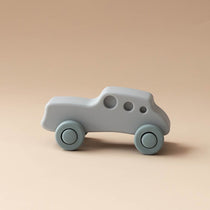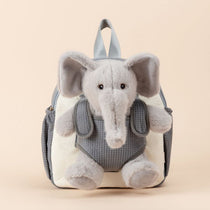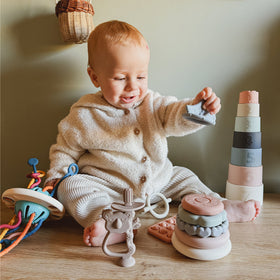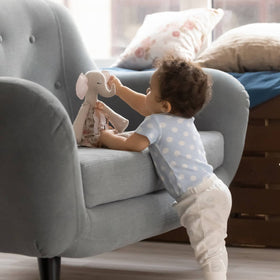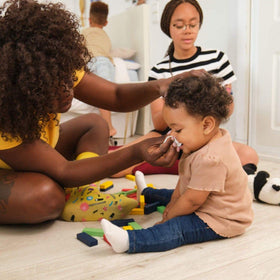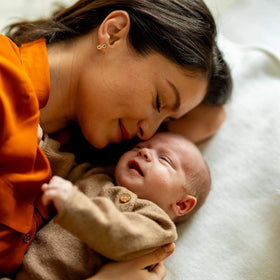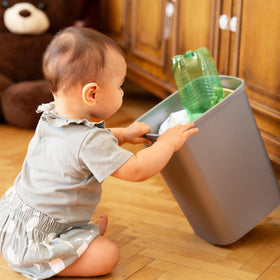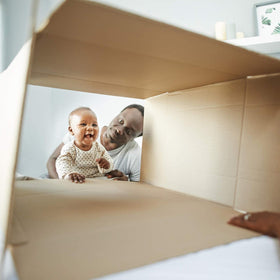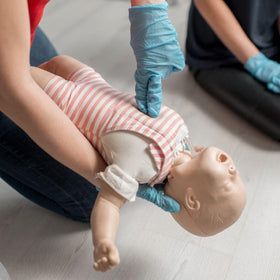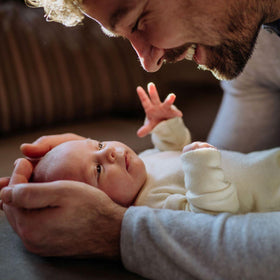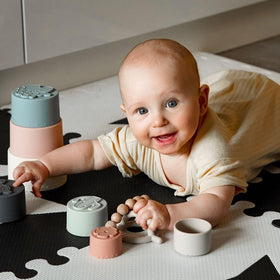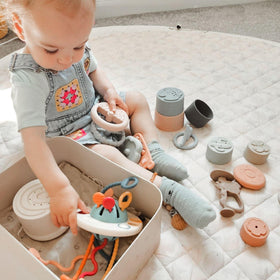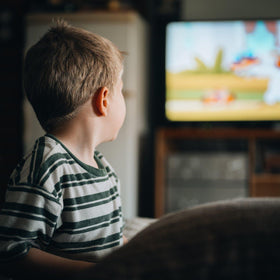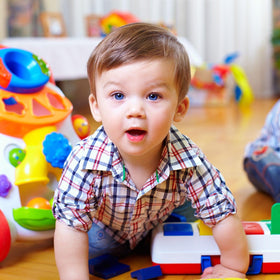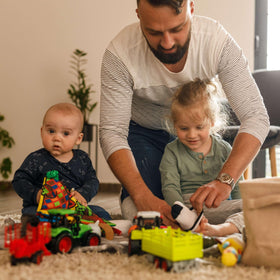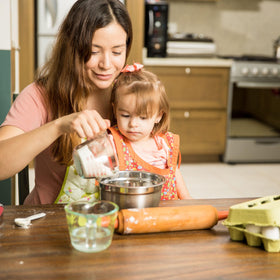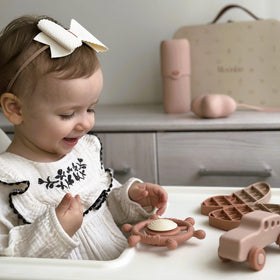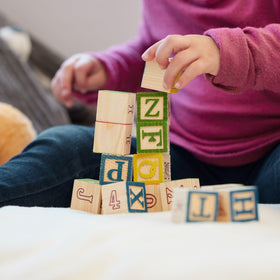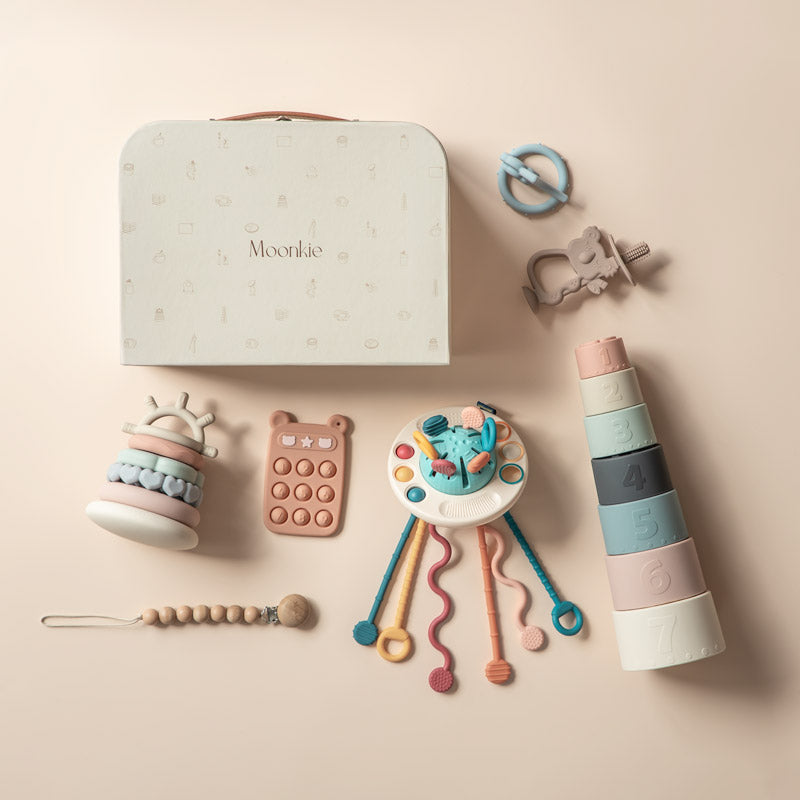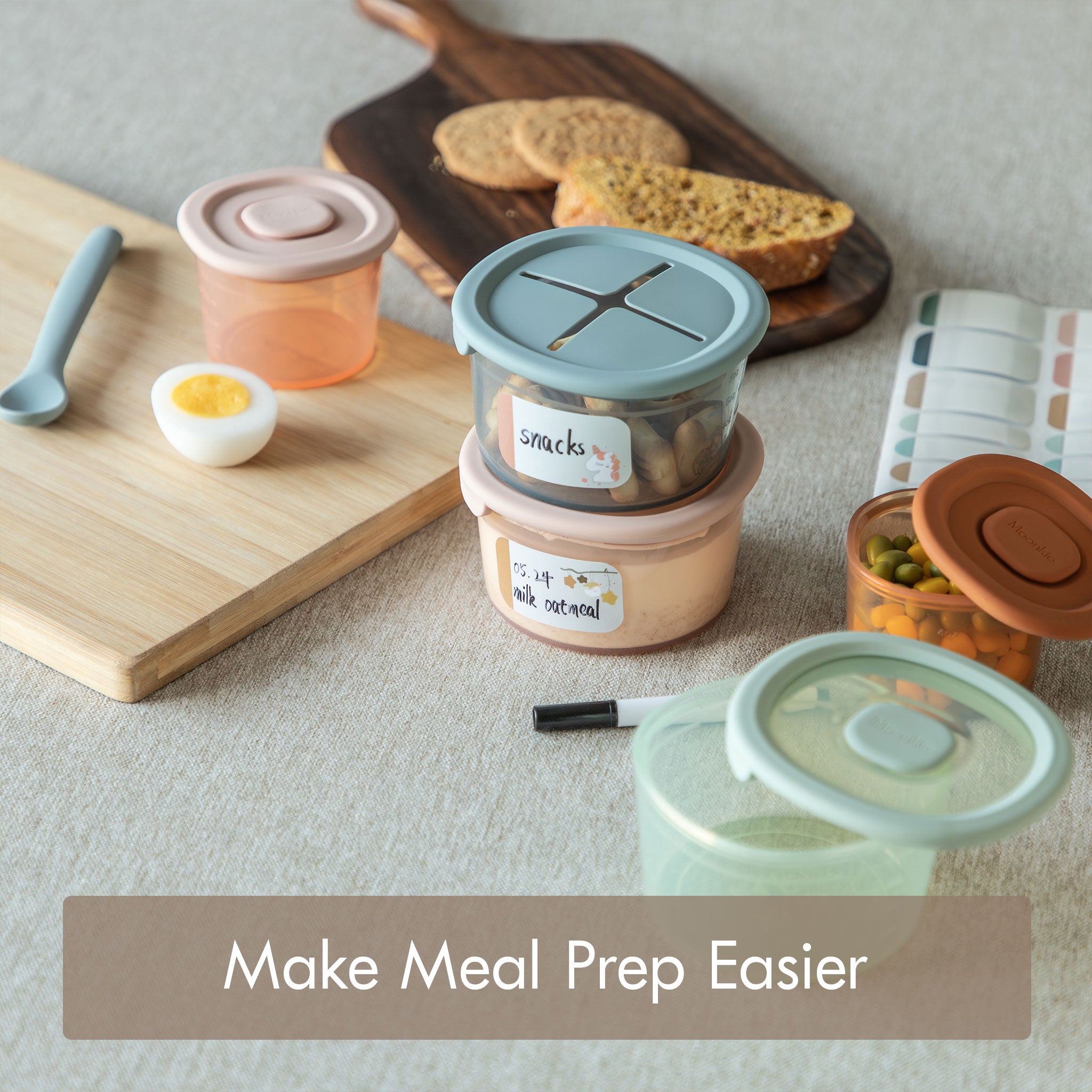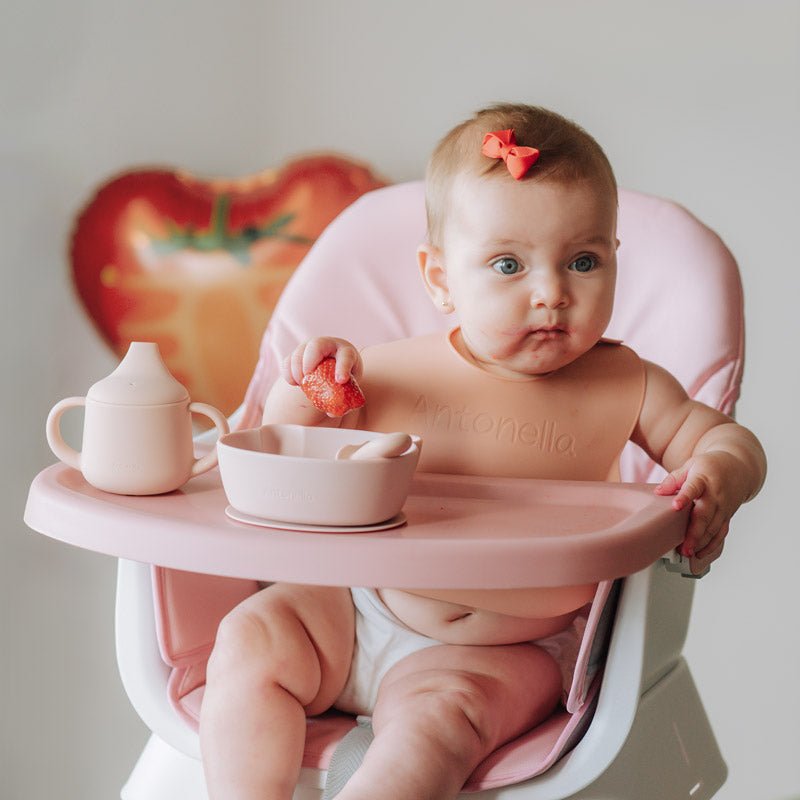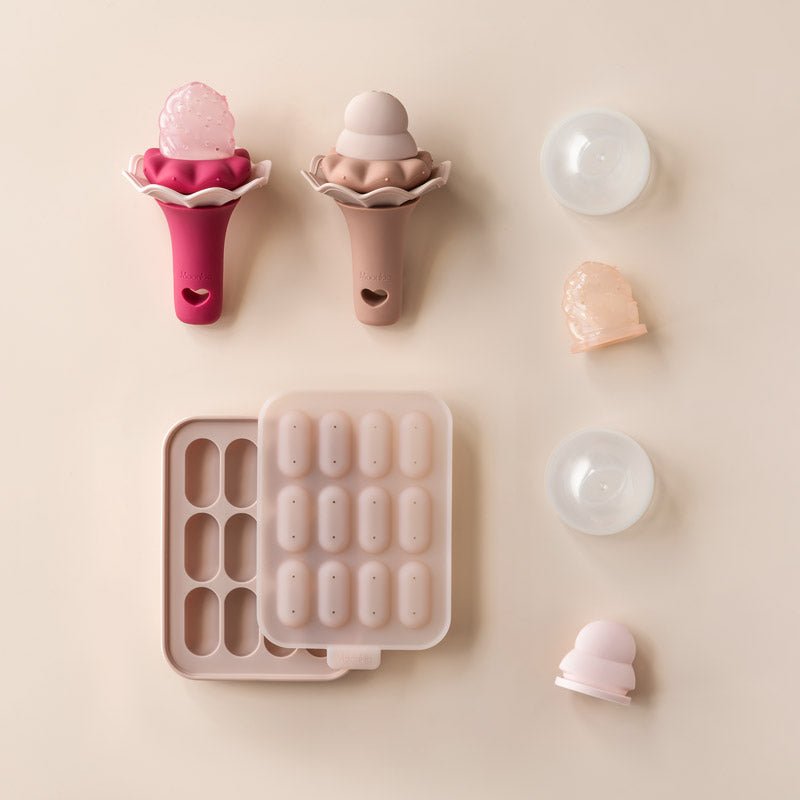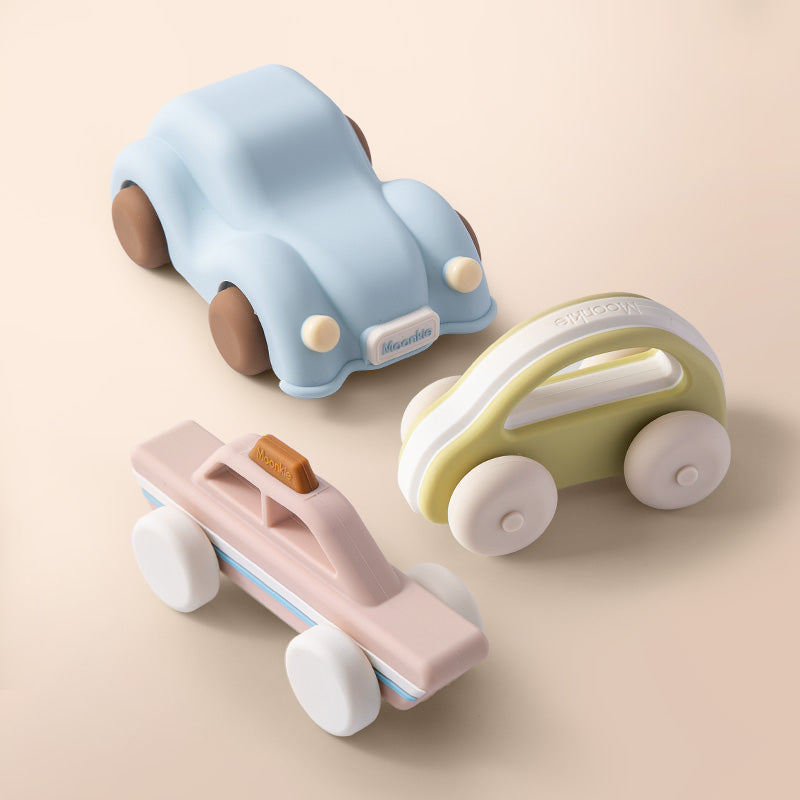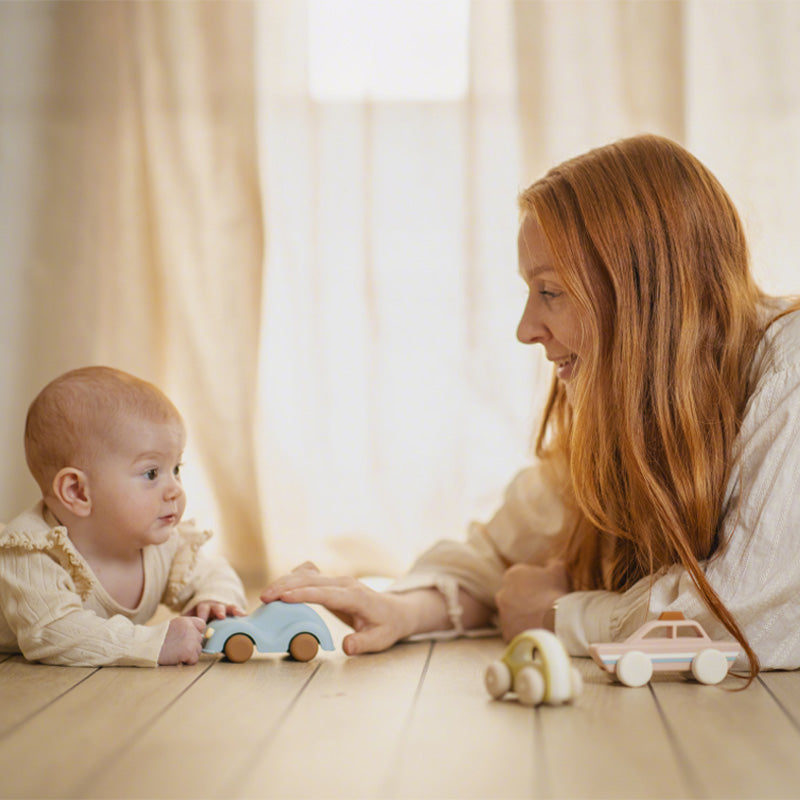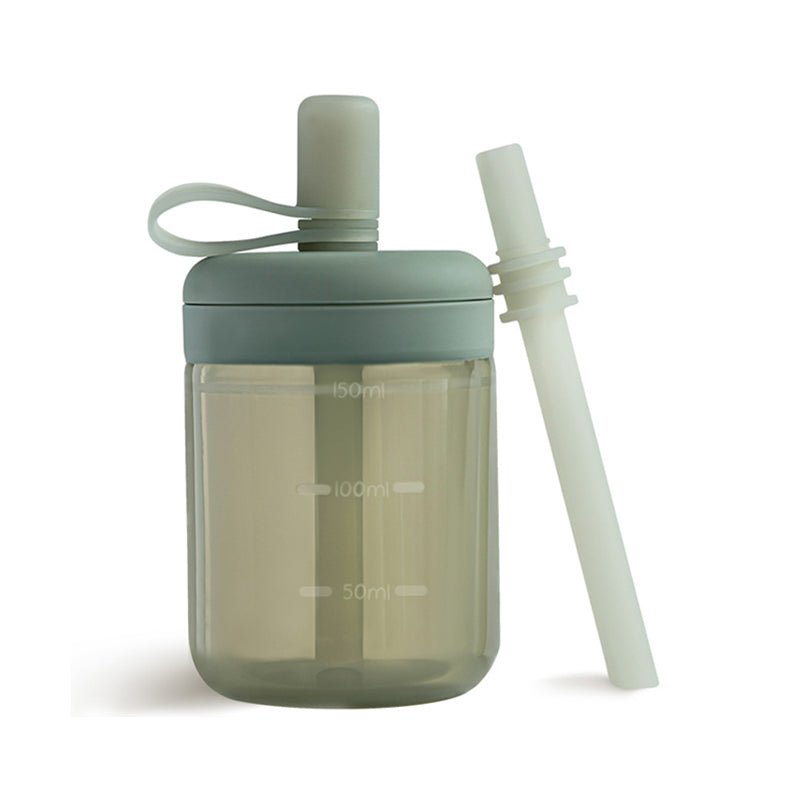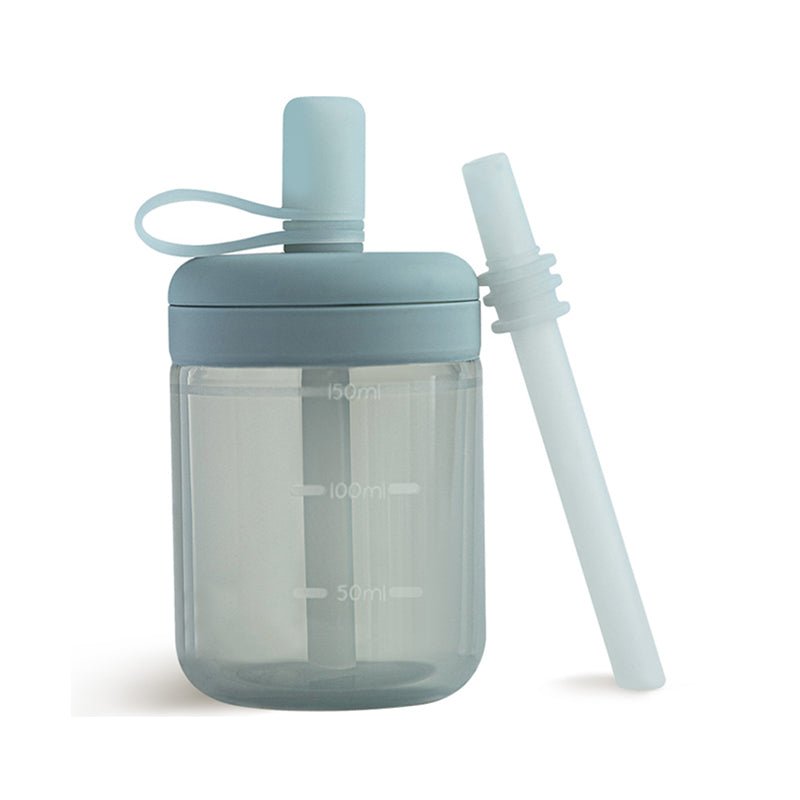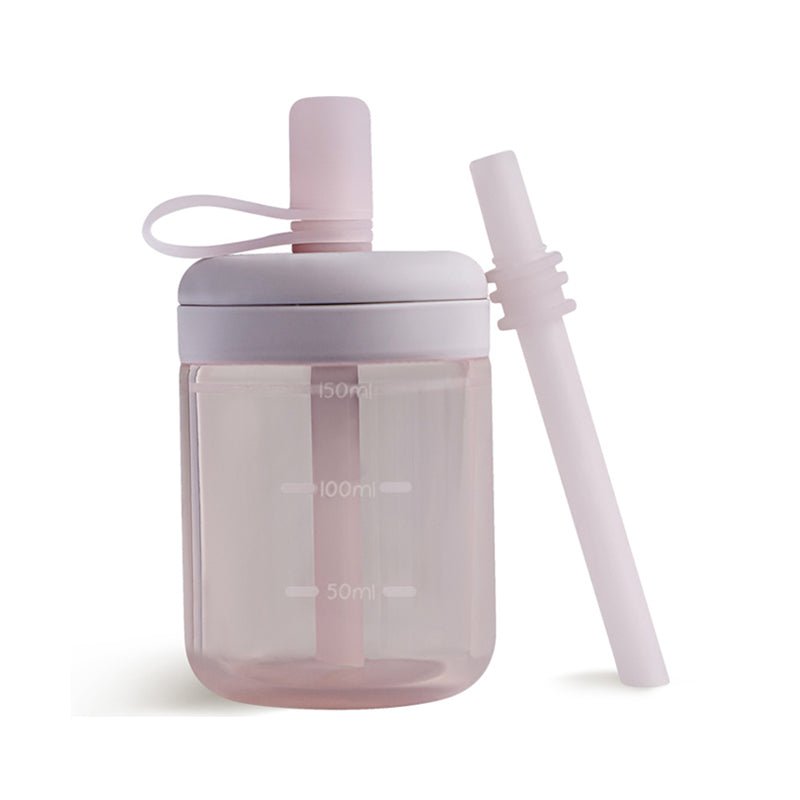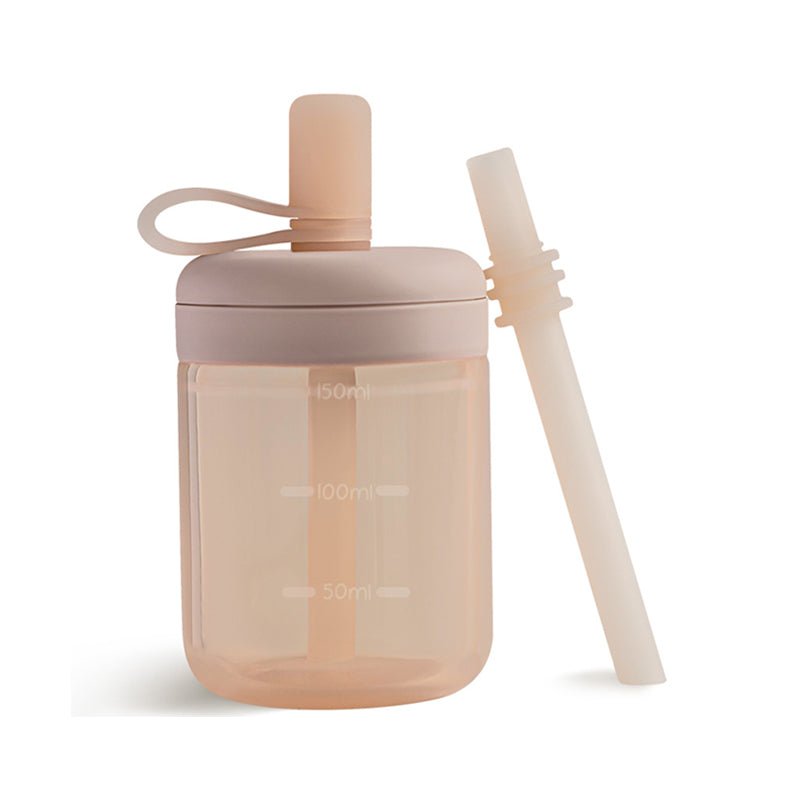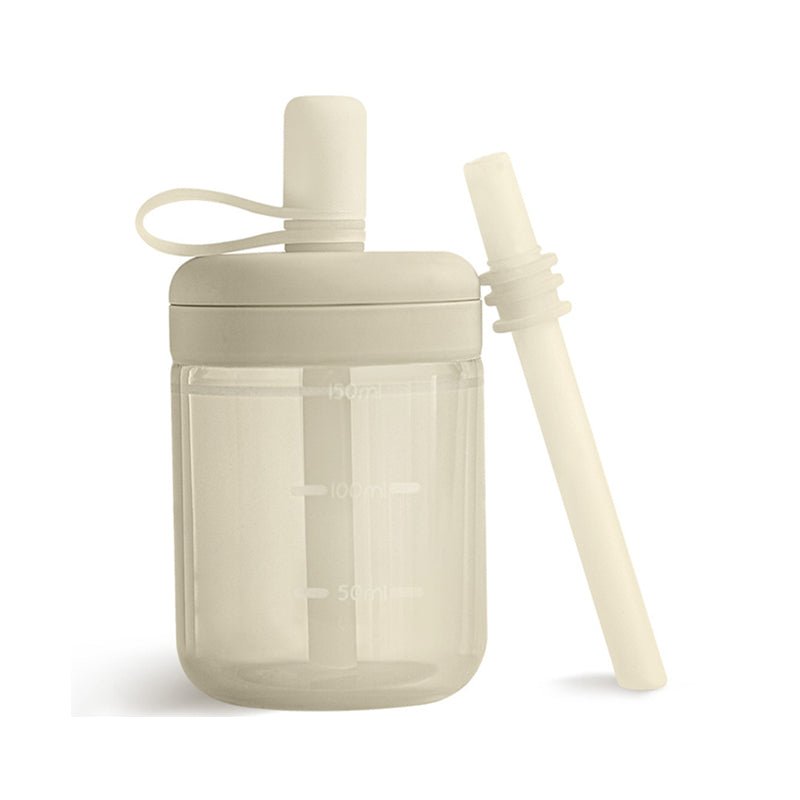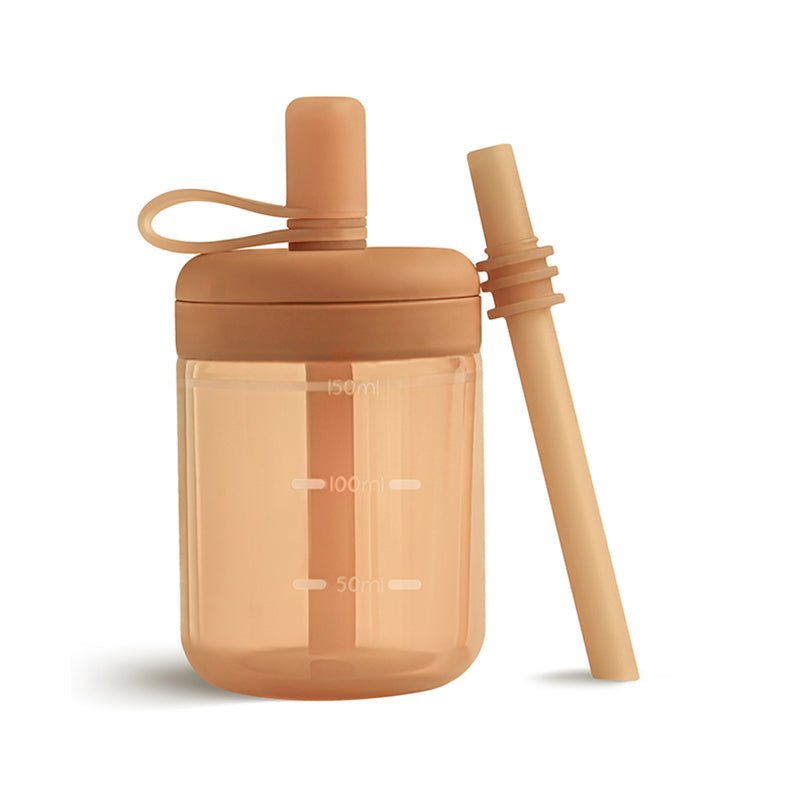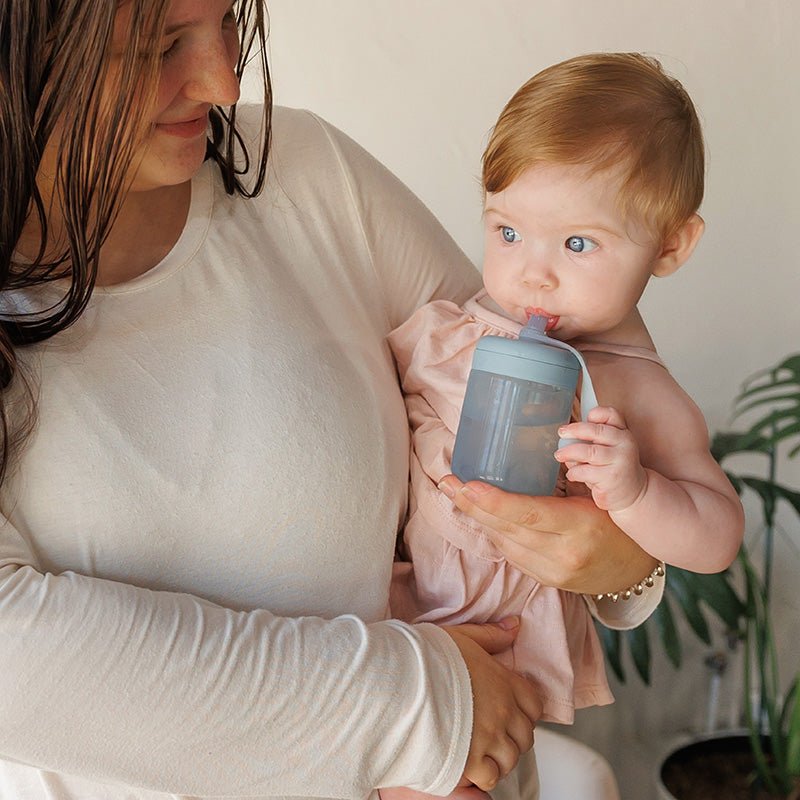Holding your newborn brings waves of mixed emotions: excitement, fear, joy, dread, happiness, overwhelm, and even sadness. Newborns spark so many emotions, but they also spark the need to make significant life decisions that may or may not bring on anxiety and stress.
First-time parents are often surprised at the life decisions they must make now that they have a child. Some parents anticipate these decisions but are taken aback by how far they have to go in the changes. For example, welcoming a newborn makes parents consider life insurance and writing a will.
It's not just first-time parents. Whether you are welcoming your second, third, or tenth child, you will notice that every addition to your family causes you to revisit and reevaluate many of these life decisions. Let's take a closer look!
1. Financial Decisions
Obviously, you will have to make some financial adjustments when you have your first child. Perhaps you didn't have dependents to add to your tax returns or health insurance before, but with a newborn, you now have to figure that stuff out.
Other costs to consider are diapers, formula (if you are not breastfeeding), baby clothes, toys, and products. Your little one will grow quickly, requiring new clothes and toys at every stage. Of course, these costs will only increase as your baby ages.
Some families find that they need to move to a safer or more spacious home after having a baby. Babies don't need much space initially, but by the time they are school-aged or have a sibling, the space you have may feel more cramped.
You may also consider moving closer to a better school district in the coming years or closer to work to lessen your commute time. Some families opt to move further away from work to have a more affordable home in a family-friendly area.
Yet another financial decision that surprises first-time parents is the cost of daycare. If you intend to return to work, you will have to place your baby in someone else's care, whether that is daycare, a friend, a nanny, a family member, or some other arrangement.
With the average cost of daycare costing Americans $150 per day, you may find that the cost of daycare, the commute, and all the sick days you will inevitably have to take will eat up most of your paycheck. For more on the depth of this decision, read Should I Go Back to Work After Having My Baby?
2. Redefining "Free Time"
Your little munchkin can go with you to many places, especially since he will sleep through most of it at first. However, as your baby becomes more and more schedule-bound with a routine of feedings, diaper changes, and nap times, you will find that your "free time" isn't all that free anymore.
Date nights at home? Yep. Spending your usual evening crash time catching up on the chores you couldn't finish with a clingy teething baby? You bet. Going on outings to the park or library instead of hanging with your friends over the weekend? Oh yeah. Welcome to parent life!
Even the "free time" you get when your baby settles into a two- or three-hour afternoon nap often becomes a nap and chore time around the house since you can't leave your baby home alone.
The good news is that your family's free time will evolve as your baby grows. You'll have other parent friends who are just as desperate as you to talk to an adult and willing to go to family-friendly places together. Free time isn't just yours anymore--you've got a little one to share it with!
Learn about how your little one will develop over time by reading 7 Things Every Parent Should Know About the Early Stages of Child Development.
3. The Shift to Constant Planning in Childcare and Development
Another life decision that surprises first-time parents is the constant planning for their child's care and development. Sure, you knew you would have to think about someone else all the time, and you may have even made some decisions about how to raise your child.

However, experiencing careful planning for your child's care and development while juggling everything else in life is a tough skill to master. If you feel like you have a lot of decisions to make for yourself in a day, adding an impressionable baby who looks to you for everything adds more daily decisions by the thousands.
I was surprised at how many decisions I had to make about my baby's health and future before I even left the hospital! Over time, I realized that I couldn't rely on labels or companies to have my child's best interests in mind, so I learned to research and investigate products, vaccines, medicines, and more for my children.
How to educate your child about the world, good and bad behavior, dangerous things, and how she views herself are all weighty topics that you have to teach and model. Someone will teach her these points (some people will teach her far earlier than they should), so ensure that person is you.
4. Relating to Other Adults Differently
The step from adult with no kids to adult with a baby was far more challenging than I thought. On the surface, friends with no kids understood that babies have naps and need regular feedings, but they didn't understand the extent of my pressure as a parent.
They didn't know what it was like to keep your emotions under control while caring for a colicky baby crying seemingly nonstop for days on end. They didn't understand the depths of exhaustion a parent experiences.
They also didn't understand the fears and insecurities that creep up with parenthood, nor my feelings of being totally powerless to protect my baby from dangers, germs, tragedies, or my own mistakes.
I truly believe that adults without kids cannot understand these things; they have to experience it to get it. So, though they were still my friends, they could no longer relate to what I was facing day in and day out.
Other parents, however, got it right away. Friends who had had children before me were suddenly extremely relatable, and I finally understood what they had been going through before (when I didn't know).
As upsetting as this may sound, you will likely struggle to connect with some friends the way you had before due to having different struggles and not being able to meet as often. However, you will likely still have fantastic friendships with other parent friends.
5. When and How to Discipline
Yet another surprising life decision first-time parents have to make is when and how to discipline their child. Should you lightly smack your baby's hand when he reaches for something dangerous that you've already said "no" to? What about when your baby begins crawling, cruising, or walking?
Whether we like it or not, how we discipline our children is heavily influenced by how we were disciplined as children. It's not just how we discipline, but when we start, what behavior gets punished, and what rules we set all draw from our experience as children.
Here are just a few of the discipline decisions you will have to settle on in the first three years of your child's life:
Will I spank my child (lightly) at all?
Will I smack a hand reaching for something dangerous?
What boundaries will I set for my baby to roam around the house? What will I do if my baby insists on crossing those boundaries? What about the toddler years?
Will I raise my voice to warn or stop my child from doing something she shouldn't?
How will I discipline my child for hurting another child intentionally?
How will I address mean attitudes toward pets and other kids?
How will I address mean or sassy attitudes toward me or other adults?
What is my discipline plan for things that are wrong but my child didn't know were wrong? (i.e., coloring on walls, playing in the toilet, wiping poop on the couch, eating bugs) What will I do if my child insists on doing those things repeatedly?
How will I handle lies and blaming others?
The Key to Disciplining Your Child
The key to disciplining your child does not come down to methodologies or tactics but being consistently on the same page as your partner about discipline. Do you both believe that a child is totally innocent, or does one of you believe that children innately desire to do the wrong thing?
Your religious beliefs, understanding of human development, and family background inevitably shape your perspective on whether your child does things purposefully and how you should respond. You and your partner must communicate about these things often to ensure you're on the same page.
If your beliefs about your child's "innocence" and learning process differ, your discipline strategies will differ, which will ultimately confuse your child. Confusion early on could contribute to feelings of insecurity, not understanding the rules, and behavior struggles (source).
Your child will begin to assert independence around a year old and really push those boundaries at two and three years old. If you are interested in learning about discipline strategies for these ages, check out these articles:
How to Teach Your One-Year-Old to Share: Tips and Strategies
The Ultimate Guide to Toddler Tantrums: How to Handle Them Like a Pro
6. How to Build Your Child's Reality
Babies grow and develop egregiously fast--to the tune of making 1 million new neural connections every second (source)! The scariest thing about this is that you are the one your baby is watching and building her understanding of reality on.
Everything you do--from how often you smile to the tone of voice you use when speaking to your baby and others to your reactions to problems--teaches your child how to function in this world and connect with others.
Without realizing it, you also show your child what acceptable behavior is and isn't, what a moral system of right and wrong is, and what is good and bad in the world. That's in addition to everything you teach your child about concrete reality that the senses can see, touch, and hear.
As a parent, deciding what you believe about these things is a critical first step that will make the rest of this process far easier to communicate without confusing your child. Most, if not all, parents are shocked at some point by how involved this responsibility is!
7. Lifestyle Habits
Before having a baby, you were able to stay up late, go out whenever, and eat whatever you wanted. If there were consequences for your decisions, they typically landed squarely on you. But now that you have a baby, any consequences you receive from poor decisions affect your baby, too.

For instance, if you choose to "not adult" and play video games with friends late into the night because your baby is not as likely to interrupt you, you will have to deal with physical exhaustion during the day because your baby requires care.
Likewise, eating tons of junk food, sugar, and drinking caffeinated drinks for years will eventually catch up to you in health problems and likely be a habit that passes on to your child. Choose the habits you wish to pass on to your child wisely and set that example for your child. Your habits have a far more significant impact than you can imagine!
8. Redefining What Matters Most
As cliche as it sounds, your baby is the most important person in your life. Yes, your parents are the reason you exist, and your spouse or partner is likely the person closest to you, but your baby is supposed to outlast you.
I knew this intellectually before having kids, but deep down, I thought, "I'll have my babies around for 18 to 24 years or so. After that, they'll move on to live their lives mostly without me. My job will be done by then."
The truth is that the kids will still need my experience and hard-earned wisdom, just as I need that of my parents. Getting reassurance that it will all work out and asking questions I now understand enough to articulate is a blessing not everyone has.
But it started with my parents deciding long ago that I was more important to them than their careers, struggles, and fears. They set an example that I now follow for my children. This isn't a commitment for 18-24 years; it's a lifelong commitment that influences every major decision I make.
9. Deciding Your Own Path
Knowing that your child matters more to you than anything the world could give creates a need to make decisions about your own path. These decisions involve everything from lifestyle goals to career aspirations to the friends you surround yourself and your kid with.
Some of these decisions are excruciatingly stressful to make. For example, my husband and I decided not to allow certain family members to be with our kids alone because they have repeatedly chosen not to take care of themselves or their homes and babysat other kids with lots of movies and junk food.
Likewise, we opted to take jobs that make less money so we could spend more time with our children. We then shifted our entire lifestyle to be fairly simple to make this decision affordable.
Does that mean we will work until our 70s to make ends meet? Probably. Is that worth it to us? Definitely. No one path works for every person and family--and there is no "right" path. Take some time to identify your priorities and choose the path that best suits them!
10. End-of-Life Planning
Surprisingly, welcoming a new life into the world triggers thoughts about death. Your baby is supposed to outlive you, and you probably want to make your departure as stress-free as possible. And, if you were to die far sooner than expected, you may want some provisions in place to help your family.

Considering the end is uncomfortable at best, but protecting your family is a prudent step. Working with a lawyer to write a will will ensure your assets are properly divided among family (as you see fit) as quickly and painlessly as possible. You can update your will as often as needed over time.
Another decision to make is whether to get life insurance and which type. You can choose from several options, but the most common are term, whole, and universal life insurance. Life insurance guarantees a sum of money to your beneficiaries after you die.
This is a smart way to provide some support for your spouse and kid (or kids) in the unfortunate case you pass away unexpectedly.
In a Nutshell
Babies stir up tons of decisions, but they are worth every bit of the hassle. Knowing what you believe and want for your child is vital to making wise decisions in every area of life. So, whether you have a baby now or not, you can get a jump start on these decisions now!

